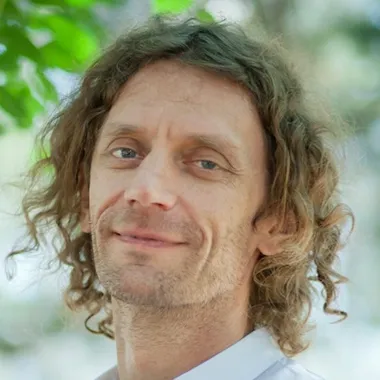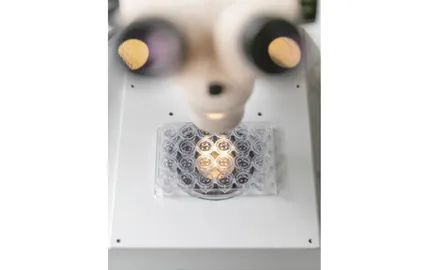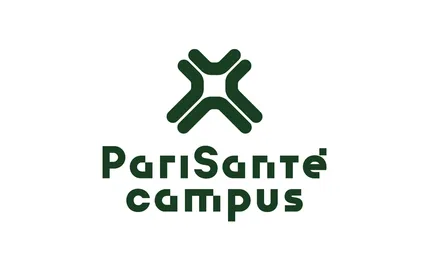- Accueil >
- Liste Annuaire >
- EMMANUEL BARILLOT
Fonctions au sein de l’Institut Curie
Directeur d'Unité de Recherche
Chef d'équipe de recherche
Équipe :
Biologie des systèmes du cancerPrésentation
Emmanuel Barillot obtained his PhD in 1992 in biomathematics and genomics at CEPH-Généthon where he contributed to the contruction of the first human genome physical map (before sequencing era!). In 1995 he joined Infobiogen, the former French Institute of Bioinformatics where he developed research in omics data integration. In 2000 he joined INRA where he headed Génoplante-Info (the bioinformatics integration center of Génoplante program) and created the Unité de Recherche Génomique-Info (URGI). In December 2002, he joined institut Curie to develop cancer bioinformatics.
Since 2008, Emmanuel Barillot heads the Department of Epidemiology, Biostatistics, Bioinformatics and Computational Systems Biology of Cancer (U900), a joint Institut Curie and INSERM research department, in partnership with Mines ParisTech at PSL Research University. His own research focuses on Computational Systems Biology of Cancer, and aims at understanding tumorigenesis and tumor progression using computational approaches and developing methodological approaches when needed. This means on one hand developing original statistical methods and biological network modeling approaches; and on the other hand conducting statistical analysis of high-throughput biological data, integration of heterogeneous data, and network modeling in the context of cancer. Among key results obtained by computational biology approaches are the elucidation of determinants of migration, invasion and metastasis in colon carcinoma using network modeling, the exploration of basal and luminal subtypes in bladder carcinoma using independent component analysis, or the deciphering of the signalling mechanisms explaining medulloblastoma heterogeneity.
E. Barillot is also co-Director of the institut Curie Bioinformatics Core Facility (with Philippe Hupé and Nicolas Servant), which is expert in biological data integration, omics data analysis, and support for precision medicine (in particular in the context of the France Médecine Génomique program). He also holds a Chair in Cancer Genomics at the Paris Artificial Intelligence Research Institute (PRAIRIE). E. Barillot has published more than 200 papers in the fields of bioinformatics, biomathematics, genomics, systems biology, cancer biology, translational and clinical research, biophysics, and computer science.
Dernières publications
Cancer Cell - 01/02/2026
Dernière actualité
Contacter EMMANUEL BARILLOT
Contactez-moi en renseignant le formulaire ci-dessous




